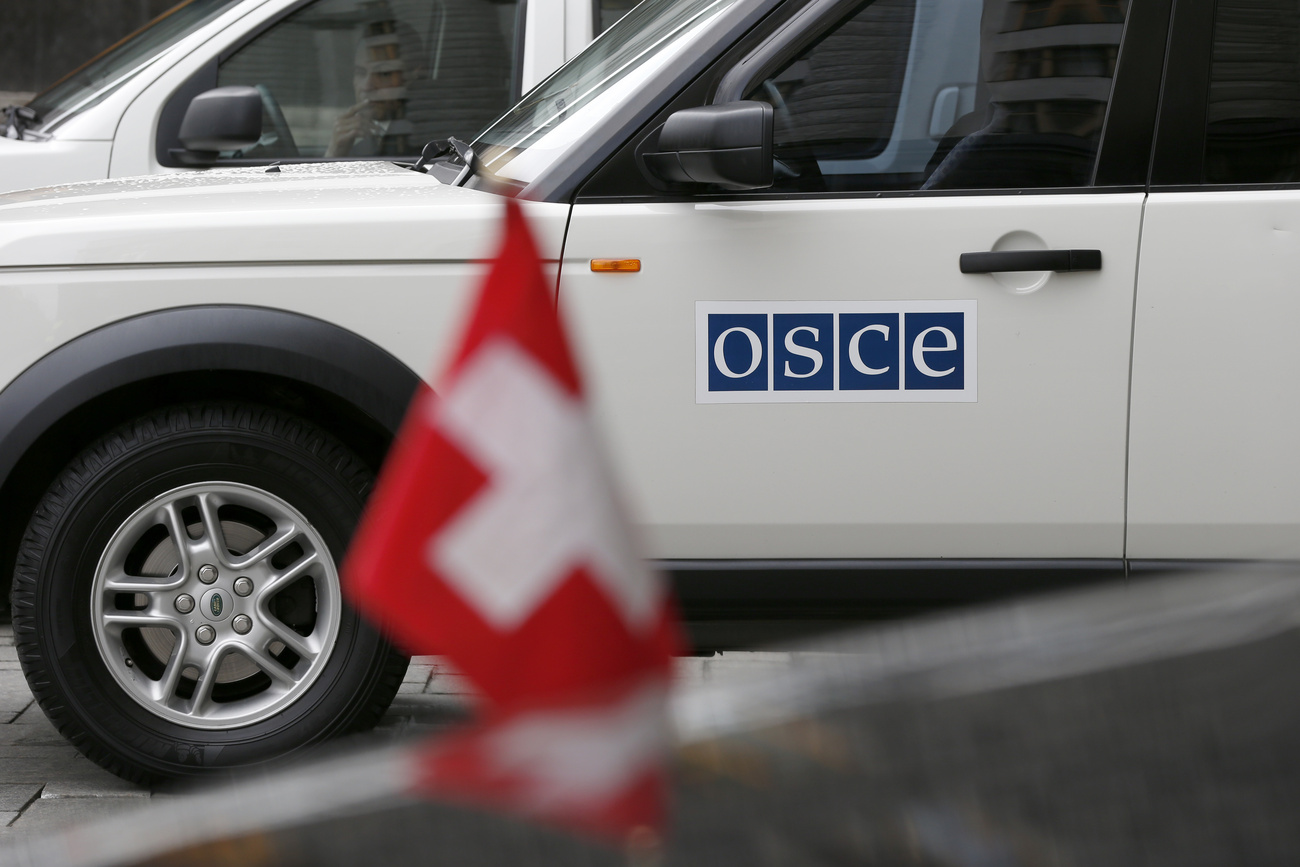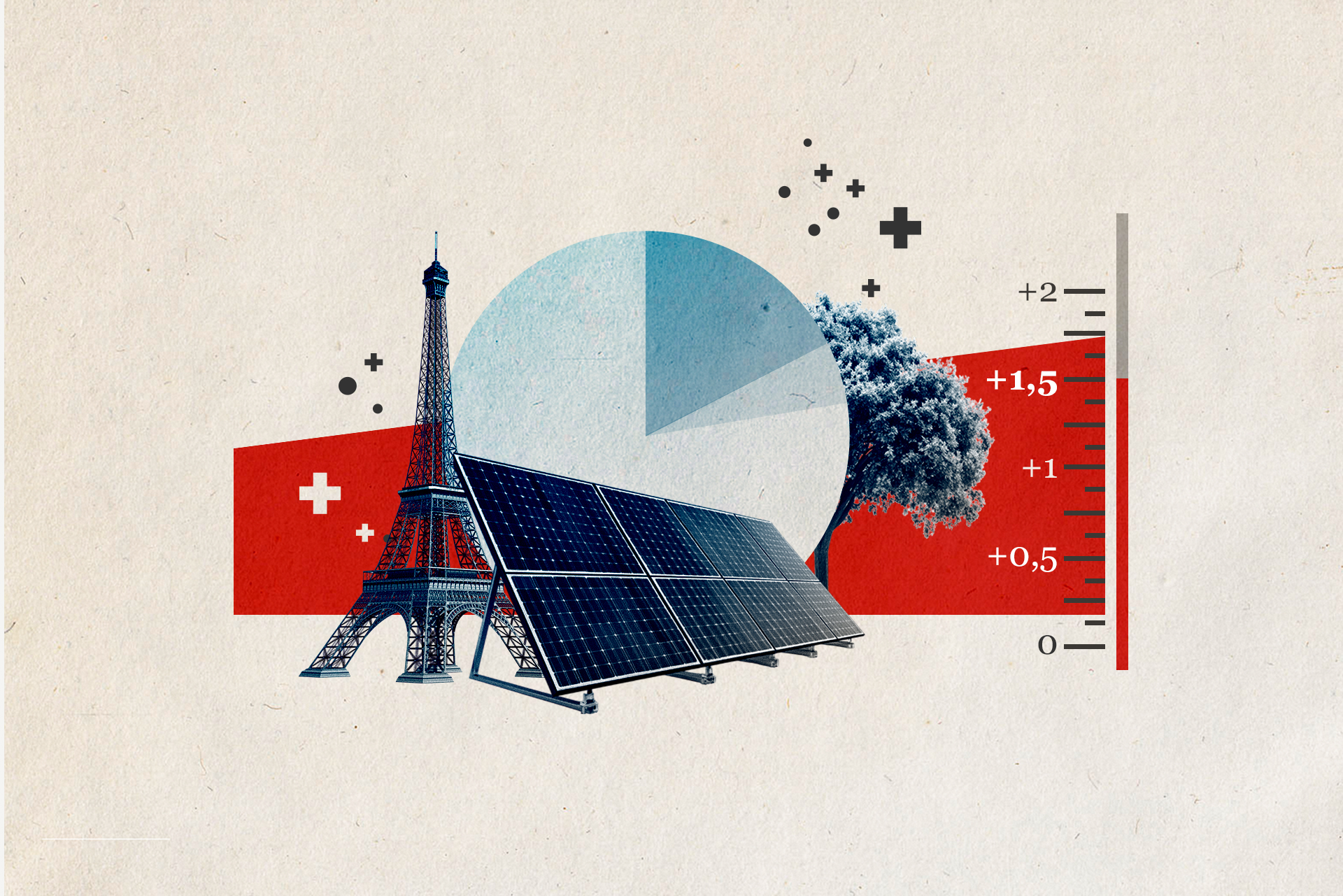
Ex-UBS Chairman Weber Warns AI Ushering In New Era of Inequality
(Bloomberg) — Former UBS Group AG Chairman Axel Weber has warned the coming disruption from artificial intelligence could usher in the rise of a new global elite that profits disproportionately from the adoption of the cutting-edge technology while leaving the rest worse off.
“We will see people who reap the benefits from this new technology in a way that we haven’t seen before,” Axel Weber, who’s also a former former chief of the German central bank, said on Friday during a panel discussion at the Bund Summit in Shanghai. “Like the sort of tech aristocrats and billionaires, we will see AI aristocrats.”
The fear for Weber, 68, is that the technology has the potential to cause mass job losses while contributing to the disparity in the employment fortunes of those able to work with AI and others at risk of being replaced.
Weber’s remarks reflect a growing worry around the world over the potential shock AI could deliver to the labor market.
European Central Bank President Christine Lagarde earlier this year warned that AI may result in wider inequality and undermine Europe’s social model. In China, policy advisers have argued in favor of finding a balance between developing the technology and preventing widespread lay-offs.
By contrast, Bank of England Governor Andrew Bailey said this month the emergence of artificial intelligence won’t lead to a wave of job losses in the UK, calling it the “most likely candidate for the next big cycle of innovation.”
Yet even some of the most vocal proponents of AI have come around to recognize the risks.
OpenAI Inc.’s Sam Altman, who once said the technology could help reduce global inequality, wrote on his personal blog in February that “the long-term changes to our society and economy will be huge.”
“It does seem like the balance of power between capital and labor could easily get messed up, and this may require early intervention,” he said.
To remedy the threat of worsening inequality, Weber urged governments to devise policies enabling workers to re-train, adapting their economies to the transformation instead of simply taxing the industry.
“If we get this one wrong, I think we put a lot more humans out of jobs than we did with any of the previous general technologies that were invented,” he said.
Weber also said he’s more concerned about older workers who may struggle more than younger people to adapt to an AI-transformed economy.
“The fallout would be massive,” he said. “But for those who can ride the tidal wave and surf the AI wave, it’s going to be a fantastic joyride.”
Speaking on the same panel as Weber, Huang Yiping — an adviser to China’s central bank — also called for a more equal distribution of the economic benefits brought by the adoption of AI. This involves helping workers who lose their jobs to gain new skills and thrive in the new economy, he said.
(Updates with Weber’s comments starting in 12th paragraph.)
©2025 Bloomberg L.P.



























